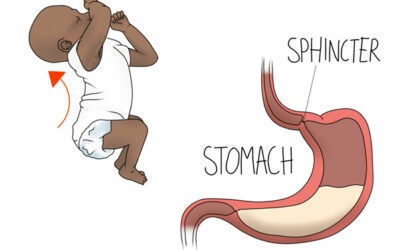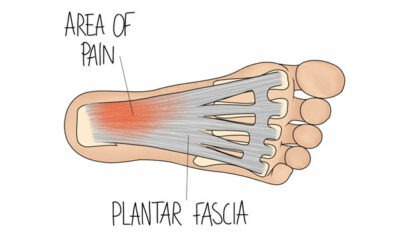 Spring is most definitely in the air. Sadly for some of us that means the unwelcome return of a runny nose, sneezing, and itchy eyes and throat. If you’re a hay fever sufferer, our homeopath Catherine Barker has advice on coping with your symptoms through your diet and food supplements.
Spring is most definitely in the air. Sadly for some of us that means the unwelcome return of a runny nose, sneezing, and itchy eyes and throat. If you’re a hay fever sufferer, our homeopath Catherine Barker has advice on coping with your symptoms through your diet and food supplements.
The clocks have only recently gone forward into British summertime but already pollen is affecting some hay fever sufferers. It is common for people to be allergic to more than one pollen. Tree pollen often triggers symptoms during the spring, grass pollen is in the air in late spring and summer, and pollen from weeds is around from early spring into late autumn.Hay fever can also be caused by mould spores from late March until November, usually peaking in late summer and early autumn. For many people, it means months of misery.
Boost your immunity
Hay fever sufferers can take action at the beginning of the season by increasing their immune support. I always recommend to regularly take vitamin C, D3 and essential fatty acids and add a natural anti-inflammatory such as Solgar’s Quercetin Complex Vegetable Capsules, taking two a day at the beginning of the hay fever season.
Relief from symptoms
When symptoms start, I usually recommend the homeopathic combination remedy Pollinosan to be taken during acute attacks. Taking two tablets three times a day often brings welcome relief. Pollinosan is also available in a nasal spray – anyone suffering with a blocked nose may find taking the remedy in this form more beneficial.
Adapt your diet
There are ways to cope with hay fever through your diet too. It’s a good idea to start eating natural, local honey at the beginning of the pollen season. Bees pollinate the local grasses and plants meaning their honey contains minute particles of the allergen that causes your hay fever, so it works a bit like immunotherapy. (Immunotherapy involves gradually introducing more and more of an allergen into the body to make the immune system less sensitive to it.)
I also advise increasing your intake of vitamin C and beta carotene rich foods. These include bright red, yellow, orange and dark green leafy vegetables and fruit. All fruits and vegetables are a good source of antioxidants and include vitamins A, C and E, plus zinc and selenium which all support the immune system.
Essential fatty acids contain hormone-like substances called prostaglandins that have anti-inflammatory properties and may help reduce the symptoms of hay fever too.
Another powerful anti-inflammatory is quercetin, which is found in high levels in garlic and onions. Ginger also slows histamine production – add a few slices of fresh ginger to hot water with lemon, or add to cooking.
Drink immune boosting green tea and especially nettle tea which acts as a decongestant, reducing the amount of mucous. It’s another natural anti-inflammatory too.
Reducing your exposure to pollen
Other ways for hay fever sufferers to cope with the inevitable onslaught of symptoms is to reduce their exposure to allergens. Here are my tips:
- If possible, stay indoors with the windows closed in the early morning and late evening as this is when pollen is at its highest level. Try to do the same when your neighbours are cutting their grass.
- While driving, keep the windows closed.
- Wear sunglasses to keep pollen out of your eyes.
- Splashing your face and bathing your eyes with cold water will help wash away irritants.
- Use a non-petroleum based jelly in your nostrils to trap the pollen. A good one to use is Haymax Aloe Vera Organic Pollen Barrier Cream.
- If you are a severe hay fever sufferer, you might consider an air purifier or ioniser which can reduce overall pollen levels in your home.
If you’d like to make an appointment with Catherine Barker to discuss your hay fever symptoms and find out more about how homeopathy could help you, call the practice on 0113 237 1173 or click to request a callback.



0 Comments